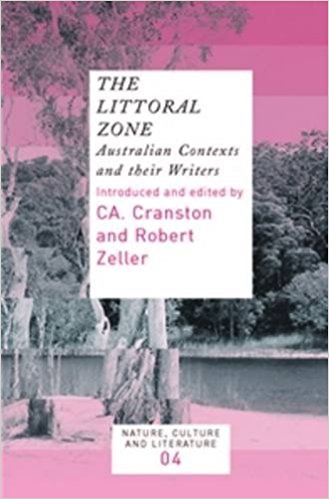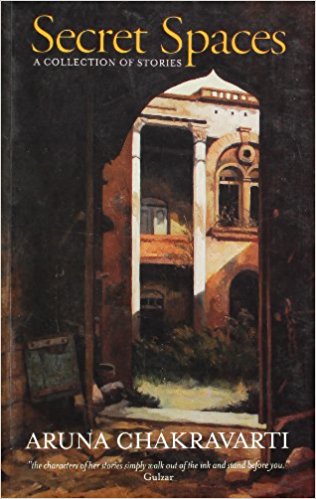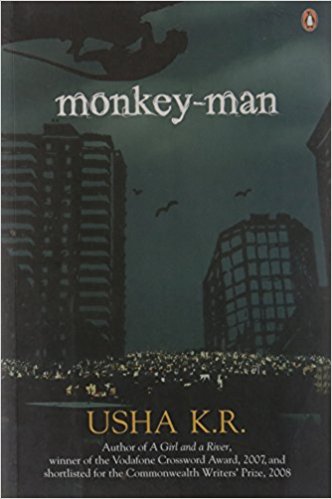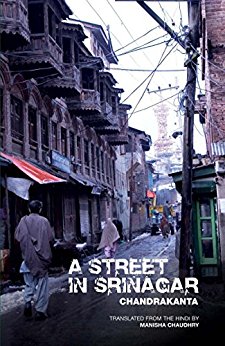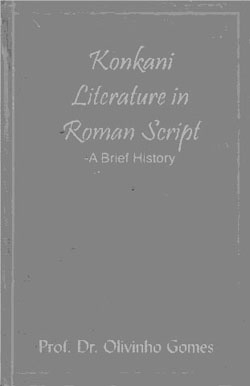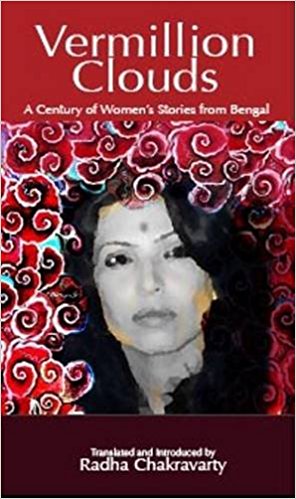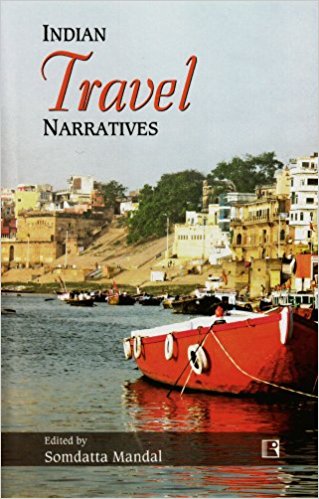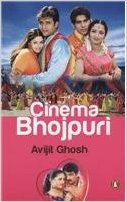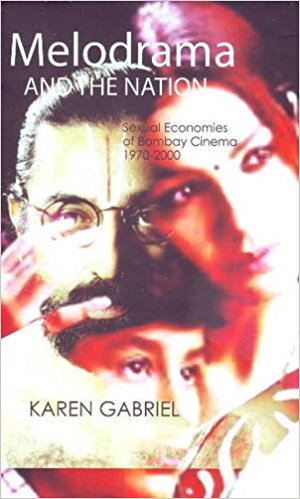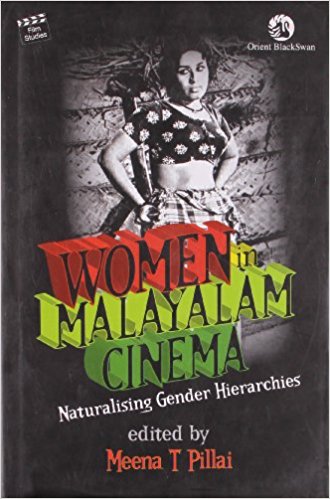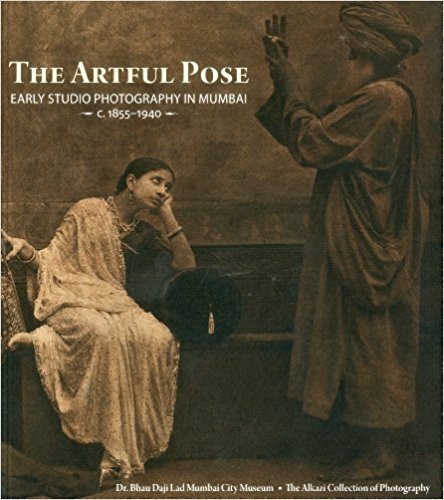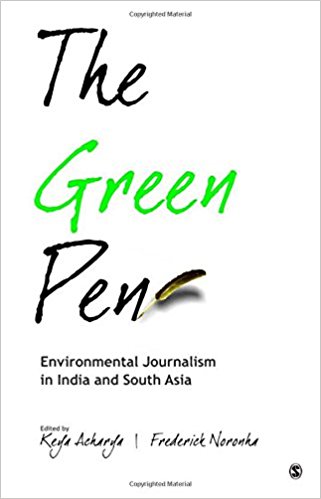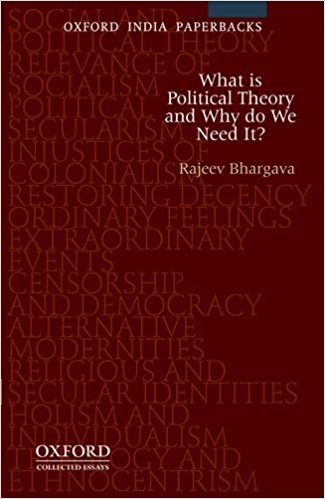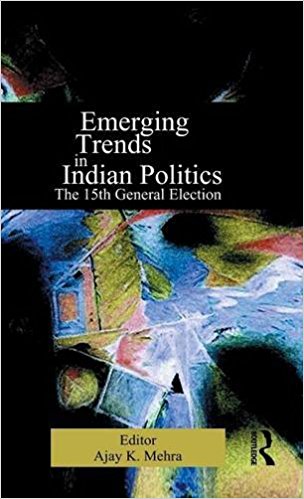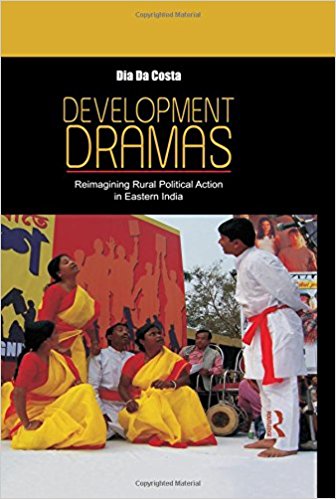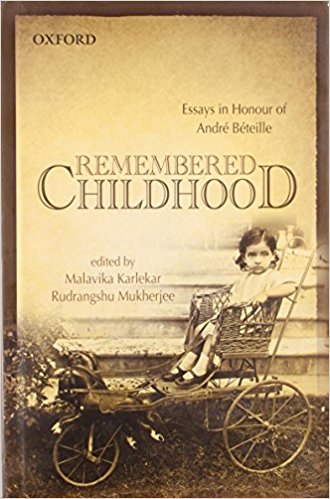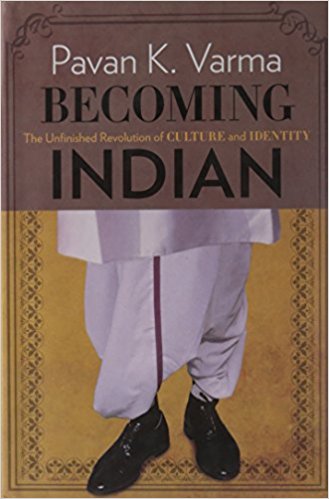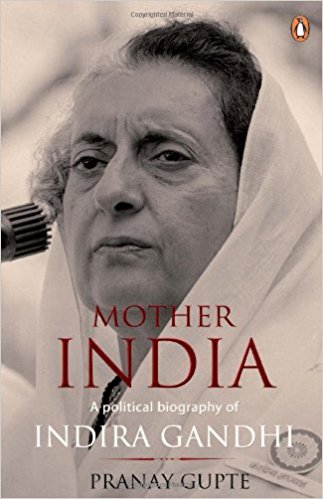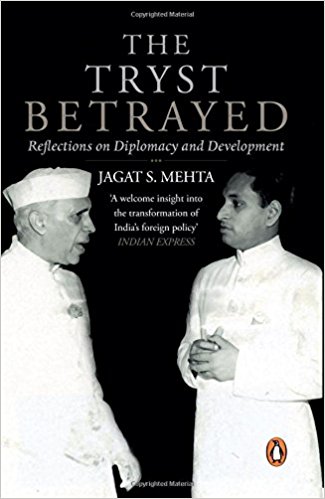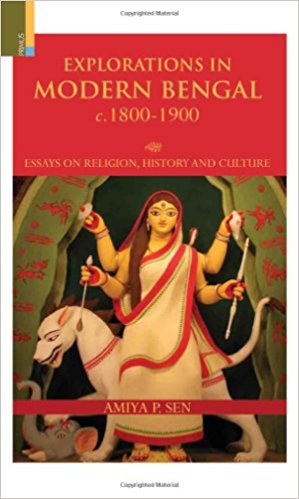With its weird red earth and its alien flora and fauna—the eucalyptus trees and kangaroos—Australia was the eighteenth-century equivalent of Mars. (Ferguson 2004).Australia—the world’s largest island and smallest continent is often distin-guished from the rest of the world by its history—‘a colony populated by people whom Britain had thrown out (but which] proved…
Archives
July 2010 . VOLUME 34, NUMBER 7In an age where big novels dazzle with their grand historical sweep and verbal gymnastics, Aruna Chakravarti’s Secret Spaces, a remarkable collection of short stories, delights with its delicacy and understatement. Having established her skill as an acclaimed translator and a writer of long fiction, Charkravarti surprises…
2010
Monkey-man is K.R. Usha’s third novel and the first to explicitly place itself in a named city. It is hard to imagine a novel without a city; at least a geographical location, however nebulous. But there are two ways in which cities enter a novel. The writer can fix upon the city first then etch the lives of its inhabitants…
In today’s troubled times, one associates the city of Srinagar with images of discon tent—protesting crowds, stone pelting youth, and armed patrols. In this context, the title of this book (A Street In Srinagar) draws expectations of a narrative on the troubled political situation in Kashmir. Instead, what Chandrakanta offers…
Take a dazzling Asian commercial entrepot, add to it a brief spell of Muslim rule, Portuguese conquest, and the early arrival of the Gutenberg printing press here. What emerges is Romi Konkani writing, built by early missionaries to Goa who used diacritical marks to make this ‘exotic’ language easier to pronounce, a language which incidentally also got damaged by subsequent colonial rulers…
This collection of 18 Bengali short stories spans a hundred years of Bengali women’s writing. Radha Chakravarty has already established herself as a skilled translator and this collection further validates the impression that she can transfer and translate with commendable ease, successfully eliminating the disconnect between the source text and the target text…
Once relegated to Sunday supplements of newspapers, and pushed to the margins of the academia, travel writing today straddles disciplines such as literature, ethnography, translation, film studies, anthropology, politics and history. While a number of cultural and theoretical factors are responsible for this development…
2010
That a time when regional political parties continue to assert their identity, the rise of Bhojpuri films is only part of the remodeling of Indian cinema. The availability of cheap technology has allowed dozens of ‘little cinemas’ to flourish in dialects such as Chattisgarhi, Kumaoni, Gharhwali and Khariboli…
The book begins by attempting to address’a key weakness in film theory: the text governs the production of, and is also represented in, cinema. In this the author seeks to move beyond general film studies which deals only with ‘narrative and its thematic, stylistic and formal characteristics’, and also beyond traditional feminist…
Academic publishing on cinema in India has seen a boom in the past decade or so but, by and large, it is Bollywood that gets most of the attention. The ‘minority cinemas’ in India—especially films in the regional languages—receive less thought and this is unfortunate—considering that understanding Bollywood gives us little purchase on the cultural significance…
An elegantly produced exhibition catalogue satisfies the voyeuristic desire in those who were not able to see a particular display—but would have loved to have been there! In the ‘Foreword’, Tasneem Zakaria Mehta tells us that the February-March 2010 exhibition of which this book is the catalogue held in the Dr Bhau Daji Lad Mumbai…
Environmental journalism in South Asia, especially in India, despite having a plethora of very eminent fathers—and mothers—continues to be somewhat orphaned. Held hostage to a variety of forces, from the inhospitable terrain provided by an increasingly corporatized media to a fickle readership/viewership…
This volume brings together two decades of Rajeev Bhargava’s scholarship, reflection and writing on varied themes that are at once familiar to those who have known Bhargava’s work and also certain other themes that are novel in the sense that Bhargava brings his theoretical insights to bear on hard-headed political questions of the day…
A ccepting a negative verdict from the voters with humility is a sign of a deep-rooted democratic political culture. The 2009 General Election in India once again confirmed its status as an established democracy. Multiple factors are always involved in producing a clear outcome in Indian elections, but these elections…
This fascinating ethnographic analysis of political action through the lens of political theatre breathes and brings new meaning into our conceptualizations of ‘development’. Situated in two districts of West Bengal in Eastern India, the study critically looks at the ways in which one organization, the Jana Sanskriti…
Andre Beteille is one of India’s foremost sociologists, well known for his work on social inequality and institutions, and for his qualities as a teacher, always meticulous and eloquent, enthusiastic, supportive and generous with students, and ever ready for a good discussion and argument. In his engaging style…
About 10 years ago Pavan K. Varma wrote The Great Indian Middle Class, in which he lamented the fact that this class had forgotten the virtues of nationalism and social concern which inspired it during the freedom struggle and in the years after Independence, and how it so easily abandoned itself to the easy…
Pranay Gupte provides us a highly gripping multidimensional account of Indira Gandhi’s life, times and politics. As a credible journalist of with varied media outlets like the prestigious New York Times, Forbes and BBC he has taken great pains in reaching out to his potential news sources to capture the complex personality of India’s…
The political memoir is a much underdeveloped literary genre in India. Our politicians and policy-makers are seldom tempted to pen detailed and analytical accounts of their role in crafting and executing policies. This has had a deleterious impact both on the historical memory of our institutions and on the writing of contemporary history…
The multifaceted encounter between tradition and modernity in colonial Indian society continues to intrigue today’s historians, who discover new dimensions in the recorded experiences of that period. A little over a decade ago, Tapan Raychaudhuri, in a brilliant study called Europe Reconsidered (1988), explored the changing perceptions…
As with earlier works by the author, Writing The Self is a book that I read with avid interest. And having read the work it would be quite uncharitable of me not to admit that there is much on offer here. First, there is the sheer excitement of encountering the unusual: in this case, an autobiographical fragment written by a Baul…

